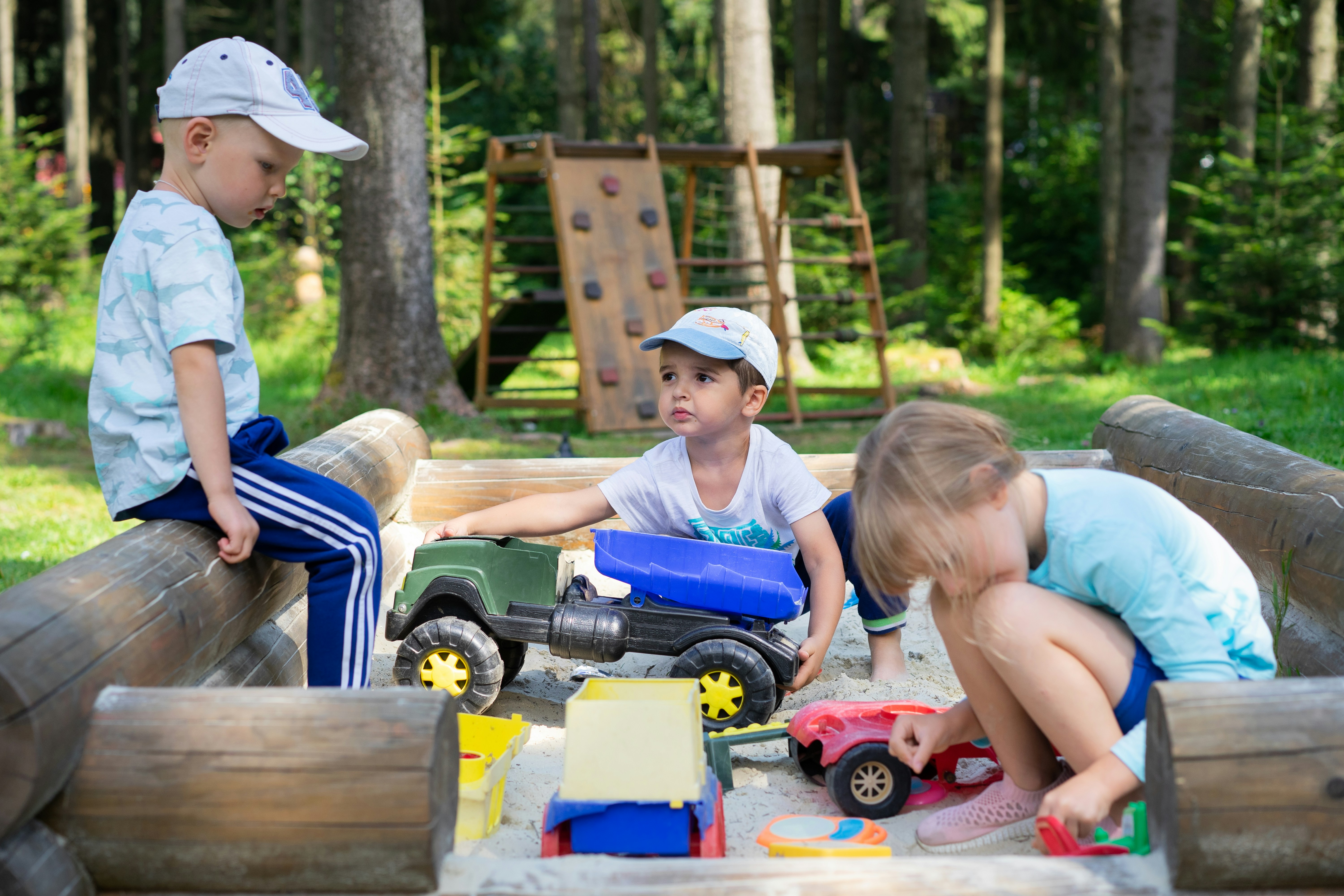The Influence of Outdoor Play on ADHD Management

Personal Experience
I am outdoors in the mornings very early and at night, and I love being in nature. Being in nature is one of the most critical parts of me staying sane. It helps me reset, reduces my stress levels, and boosts my overall mood. This personal experience highlights the therapeutic benefits of outdoor play and nature exposure for managing ADHD symptoms.
Introduction
Outdoor play provides numerous benefits for children with ADHD, from improving attention and reducing hyperactivity to enhancing mood and overall well-being. Encouraging outdoor activities can be a natural and enjoyable way to manage ADHD symptoms.
Understanding the Benefits of Outdoor Play
Spending time outdoors and engaging in unstructured play allows children to explore, create, and interact with their environment. This type of play can be particularly beneficial for children with ADHD, providing sensory stimulation, physical exercise, and opportunities for social interaction.
Benefits of Outdoor Play for ADHD
-
Improved Attention: Natural environments have been shown to restore attention and reduce mental fatigue. Playing outside in green spaces can help children with ADHD improve their focus and concentration.
-
Reduced Hyperactivity: Physical activity helps to burn off excess energy and reduce hyperactivity. Activities like running, climbing, and playing sports can provide a constructive outlet for energy, leading to calmer behavior.
-
Enhanced Mood and Stress Relief: Being outdoors and engaging in physical activity can boost mood and reduce stress. The combination of sunlight, fresh air, and exercise can enhance the production of endorphins and serotonin, promoting a sense of well-being.
-
Sensory Stimulation: Outdoor environments offer a variety of sensory experiences, from the sounds of nature to the textures of plants and soil. These sensory inputs can help children with ADHD develop better sensory integration and processing skills.
Social Skills Development: Outdoor play often involves interacting with peers, which can help children with ADHD develop social skills. Activities that require teamwork, negotiation, and cooperation can enhance their ability to interact positively with others.
Encouraging Outdoor Play

-
Create a Play-Friendly Environment: Ensure your yard or local park is safe and inviting for play. Provide a variety of play equipment and materials, such as balls, jump ropes, and climbing structures.
-
Schedule Regular Outdoor Time: Make outdoor play a regular part of your child's routine. Aim for at least an hour of outdoor activity each day, whether it's playing in the yard, visiting a park, or going for a nature walk.
-
Join Community Activities: Participate in community events and organized outdoor activities, such as sports teams, nature clubs, or family hikes. These activities can provide structured opportunities for outdoor play and social interaction.
-
Model Outdoor Play: Join your child in outdoor activities to model the importance of physical activity and play. Playing together can strengthen your bond and encourage your child to be more active.
-
Limit Screen Time: Encourage outdoor play by limiting screen time and promoting alternative activities. Create a balance between digital entertainment and physical play to ensure your child gets ample time outdoors.
Conclusion
Outdoor play offers a multitude of benefits for managing ADHD symptoms. By encouraging regular outdoor activities, parents can support their child's physical, emotional, and cognitive development, leading to improved overall well-being.


